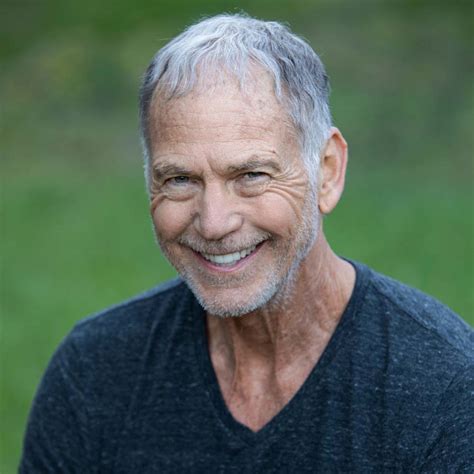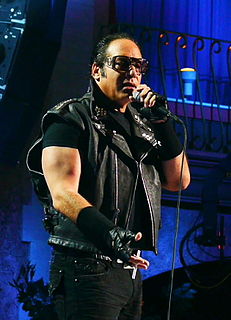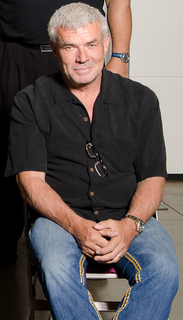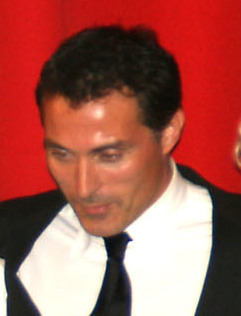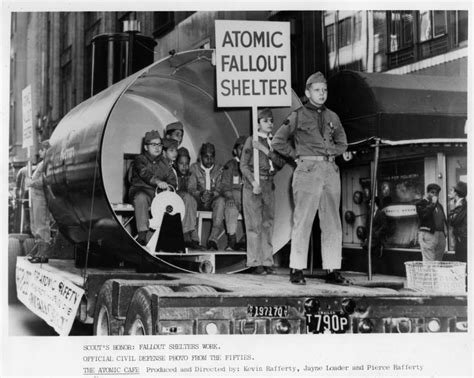A Quote by Tom Waits
I’ve always believed that the way you affect your audience is more important than how many of them are there.
Related Quotes
There’s nothing more embarrassing than a person who tries to guess what the great American public would like, makes a compromise for the first time, and falls flat on his face… I would rather be a failure on my own terms than a success on someone else’s. That’s a difficult statement to live up to, but then I’ve always believed that the way you affect your audience is more important than how many of them are there.
I think you set up certain standards. I've always kind of believed in the Neil Pert way of making records where I'm trying to step it up every time I do something. You're trying to better yourself. You're also trying to make your audience or your listeners more interested. So, if you can up it, I think that's important.
It's funny, now that we have Twitter and Facebook and stuff, you can really see how you affect fans. Before all that, fans couldn't tell you exactly how they feel, unless they came up after a show, and even then you can't stand there and talk to everybody in the audience. So it's nice to see people tweet me and say, "Your music has changed my life," or "I had my baby to your music," or "I got married to your music." I've heard so many things, and it's amazing to hear people's stories and how you affect their life.
... The Book is more important than your plans for it. You have to go with what works for The Book - if your ideas appear hollow or forced when they are put on paper, chop them, erase them, pulverise them and start again. Don't whine when things are not going your way, because they are going the right way for The Book, which is more important. The show must go on, and so must The Book.
We believed - and I personally still believe - that the so called Voice of God narration, ubiquitous in documentaries destined for PBS, is insulting to the audience. If you believe in the intelligence of your audience, you don't need to tell them what to think and how to process the material they're seeing.








